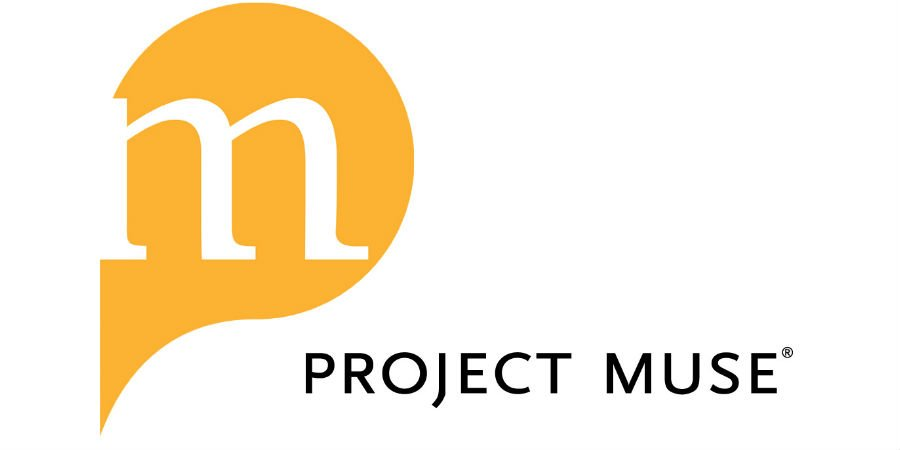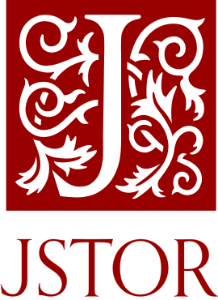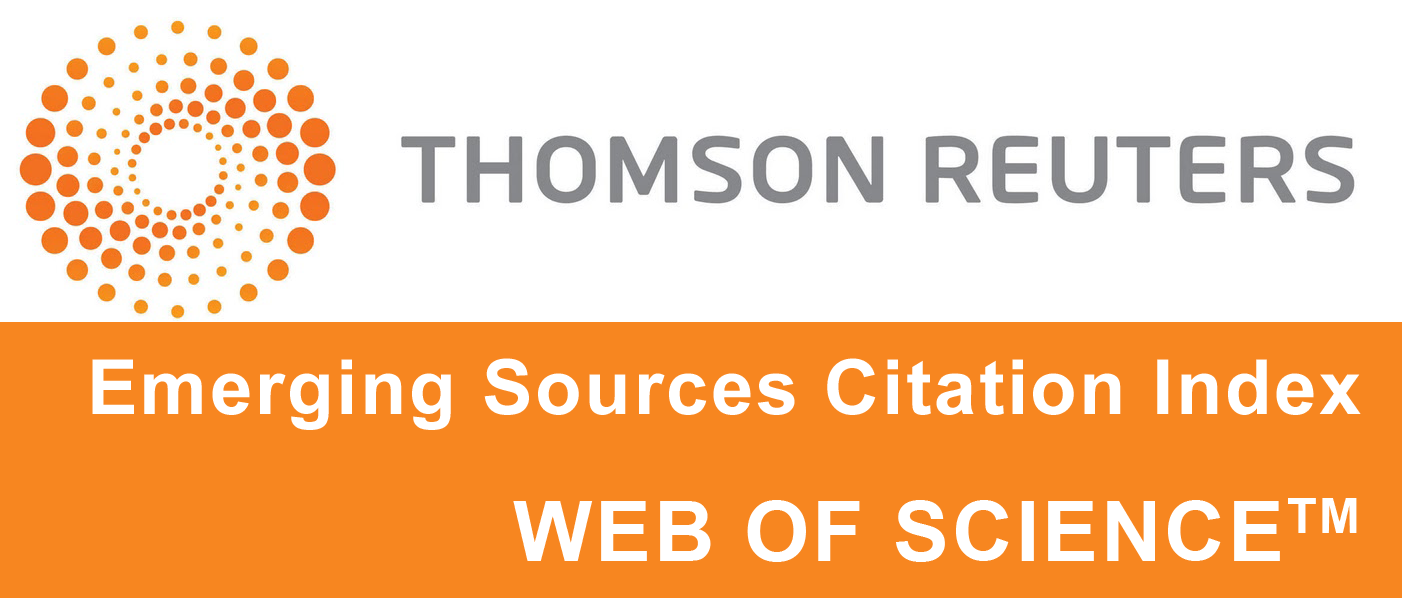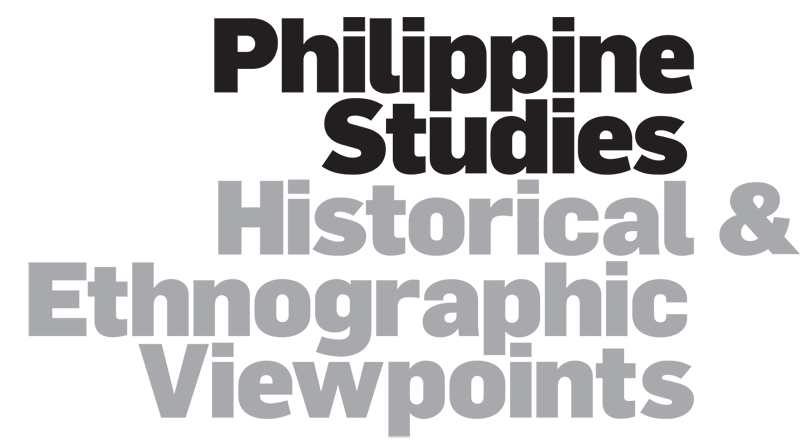The Filipino as Libertarian Contemporary Implications of Anarchism
Charles J-H Macdonald: National Center for Scientific Research (CNRS)
DOI: https://dx.doi.org/Abstract
Modern Philippine society presents a number of traits that have puzzled or fascinated social scientists: an apparent looseness of organization, institutional fuzziness, intense factionalism, moral values geared toward smooth interpersonal interaction, a weak sense of public good, and a bilateral kinship system. This article revisits these points and makes sense of them by using a model of society called “anarchic” or “open-aggregated.” This conceptual grid applies to other societies and cultures, but is particularly enlightening with respect to Filipino values, their institutional style, and preferred types of behavior. Particular attention is paid to kinship and politics, to pakikisama and utang na loob, and generally to an ethos of communitas and Gemeinshaft prevalent among Filipinos.
Keywords: anarchy • anarchism • open-aggregated • Kinship • values • uncrystallized • colonialism











